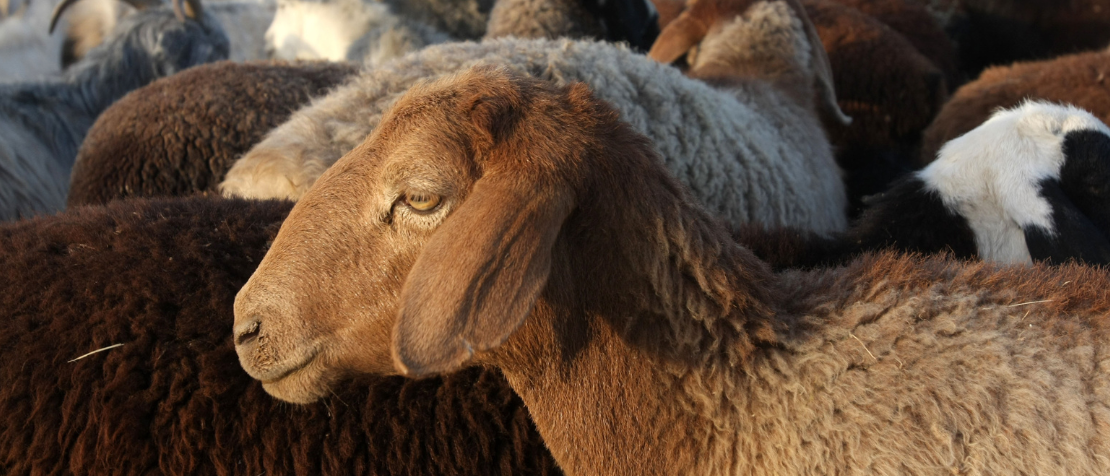Uzbekistan pushes forward on PPR eradication with a national seromonitoring programme

©FAO/Vasily Maksimov
For farmers in Uzbekistan’s borderlands, even the threat of a sick goat can jeopardize an entire season. Peste des petits ruminants (PPR) — a highly contagious viral disease affecting sheep and goats — has never been officially detected in the country. However, as part of regional preparedness efforts, Uzbekistan is taking proactive measures to safeguard animal health. Recent trends in transboundary animal disease outbreaks across several regions underscore the importance of early warning systems and regional preparedness. With mortality rates in infected flocks reaching up to 90 percent, PPR has devastating consequences for rural livelihoods, particularly among smallholder farmers and women engaged in livestock production.
In collaboration with the Food and Agriculture Organization of the United Nations (FAO) and the Veterinary and Livestock Development Committee of Uzbekistan, the country has launched a nationwide active seromonitoring campaign aimed at detecting any silent circulation of the PPR virus. The initiative reflects a broader global shift toward prevention and risk-based surveillance — acting before disease emergence rather than in response to it.
The campaign covers all regions of Uzbekistan, with particular attention to high-risk areas along national borders. Over a two-week period, veterinary services from the district to national levels worked to collect blood samples from sheep and goats.
Globally, PPR affects over 70 countries across Africa, the Middle East, and Asia, and causes annual economic losses estimated between USD 1.45 billion and 2.1 billion. In response, FAO and the World Organisation for Animal Health (WOAH) are leading a joint global strategy to eradicate PPR by 2030. Uzbekistan’s campaign directly aligns with this initiative and demonstrates the country's commitment to safeguarding its livestock sector.
The groundwork for this initiative was laid in 2024, when FAO supported a series of technical trainings for veterinarians working in border regions. These sessions focused on proper blood collection techniques, biosafety, and cold chain maintenance — all critical components of effective laboratory-based surveillance. FAO Uzbekistan also procured essential diagnostic supplies and reagents to enable the field teams to scale up their activities. This campaign not only strengthens the country’s disease detection capabilities but also supports Uzbekistan’s longer-term goal of attaining internationally recognized PPR-free status. Such a designation would open new trade opportunities, improve food security, and enhance resilience for rural communities who depend on healthy livestock for their livelihoods.
By acting early — before PPR reaches its territory — Uzbekistan is showing that preparedness is not only possible, but essential.
